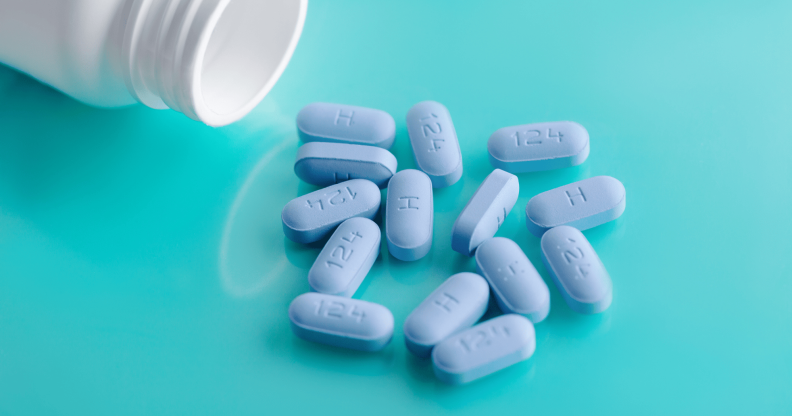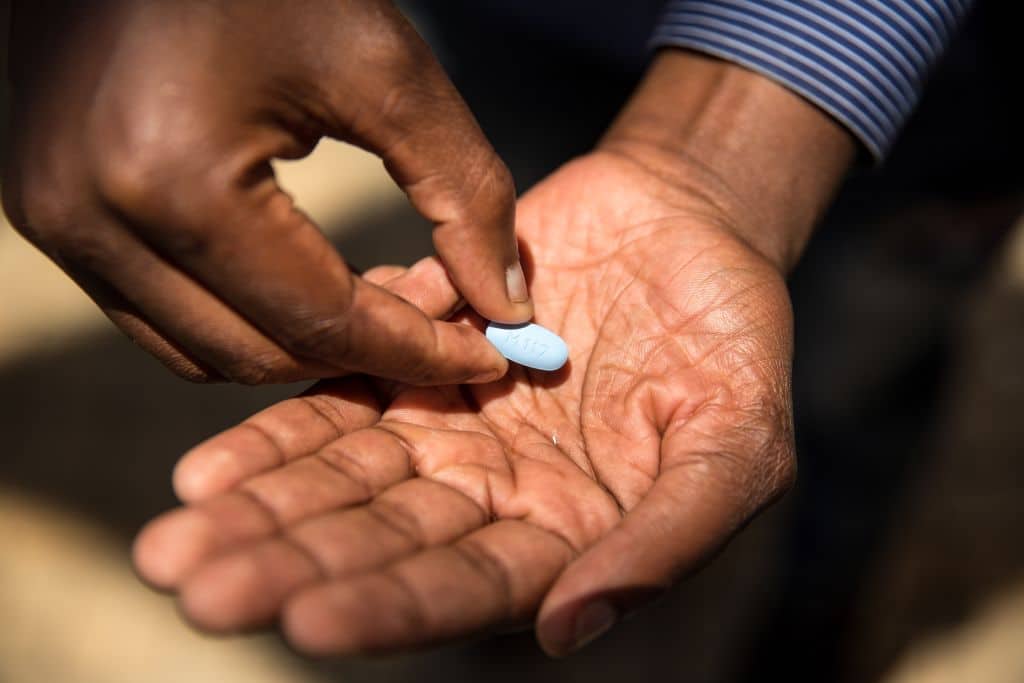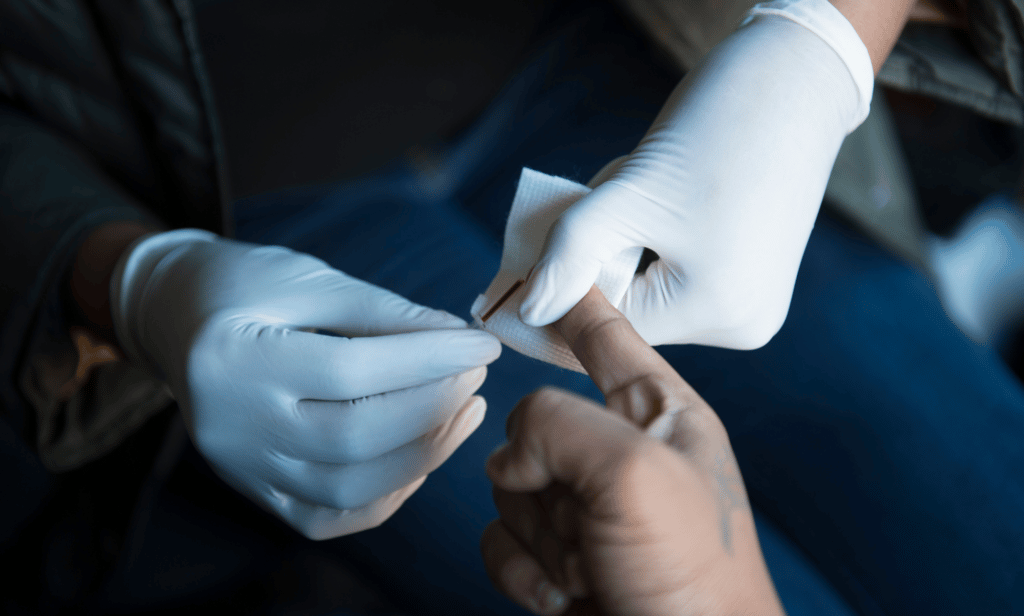PrEP: Two-thirds of people unable to access HIV prevention pill, alarming report reveals

PrEP is a daily pill that protects from HIV. (Getty)
PrEP is a daily pill that protects from HIV. (Getty)
Almost two-thirds (65 per cent) of people are not able to readily access PrEP (pre-exposure prophylaxis), according to report on the obstacles blocking access to HIV prevention care.
The research on data from over 1,120 people in England found many people face lengthy wait times when trying to access PrEP, the medication to prevent someone from contracting HIV.
The most common waiting time for a PrEP appointment at a sexual health clinic was 12 weeks (35 per cent), but 57 per cent of people seeking appointments waited longer than 12 weeks to be seen.
Deborah Gold, chief executive of National AIDS Trust, said it was “devastating” to hear from one respondent that he was diagnosed with HIV after he was denied PrEP from a sexual health clinic “when this was completely preventable”.
“PrEP should be easy to give to anyone who needs it,” Gold said. “Clinics are under immense strain due to COVID-19 and are now having to deal with the country’s monkeypox response without additional funding and support.”
Gold warned sexual health services are facing “massive backlogs”. She said it’s now on the government to “fix this” because, without immediate action, England “cannot meet the national objective of ending HIV transmissions by 2030”.
“Sexual health clinics must be resourced to meet the existing high demand for PrEP but they also shouldn’t be left to go it alone – access and reach could be dramatically improved if it were available through other health services, such as community pharmacies,” Gold said.

PrEP, a tablet taken once per day, prevents people from acquiring HIV. (Daniel Born/The Times/Gallo Images/Getty)
The report – conducted by the National AIDS Trust, the Terrence Higgins Trust, PrEPster, Sophia Forum and One Voice Network – found there were major concerns about the capacity and resources for sexual health clinics across England.
Four in 10 (40 per cent) of participants reported issues with booking appointments online while a further 30 per cent said they had trouble getting through to clinics by phone. Almost a quarter (23 per cent) of respondents were turned away by services because of a lack of available appointments.
More than half (59 per cent) of people said they abstained from sex altogether while waiting for PrEP, and 48 per cent reported mental health issues relating to trying to access the medication.
Labour MP Florence Eshalomi, co-chair of the All Party Parliamentary Group on HIV and AIDS, said her constituency in Lambeth has the “highest prevalence of HIV in the country” and it’s “unacceptable that PrEP isn’t having the impact it should in protecting those who need it against HIV”.
“This powerful report shows we need action from the government to remove the significant barriers to PrEP for those who are desperately trying to access it – never mind the crucial work necessary to promote the huge benefits to the people and communities who still don’t know nearly enough about PrEP,” Eshalomi said.

Data from the UK Health Security Agency, released in October, found there are still disparities in the amount of people being tested for HIV. (Getty)
The report comes as the latest data from the UK Health Security Agency (UKHSA), released in October, reveals there is still a long way to go before reaching its goal of ending new HIV transmission by 2030.
The number of gay, bisexual and other men who have sex with men having an HIV test increased by 23 per cent from 144,800 in 2020 to 178,466 in 2021 – 14 per cent higher than those tested in 2019.
However, there was a dramatic decrease in heterosexual and bisexual women getting an HIV test in 2021 when compared to pre-pandemic levels.
Approximately 489,727 women were tested in 2021, compared to 441,017 in 2020. This placed levels of testing at 78 per cent of 2019’s testing level when 628,607 heterosexual and bisexual women got tested.
The coalition of organisations called on the government to quickly improve access to PrEP and cut waiting times for those trying to access the drug. This included calls to properly resource sexual health clinics and expand its availability to community pharmacies and GPs.
The groups also wanted the Tories to commit to a dedicated PrEP action plan, which was promised in government’s HIV action plan in December 2021.
Sajid Javid, the then-health and social care secretary, said “scaling up testing” as well as “increasing access to PrEP” will help “people affected to live longer, healthier lives and eliminate this cruel disease for future generations”.

